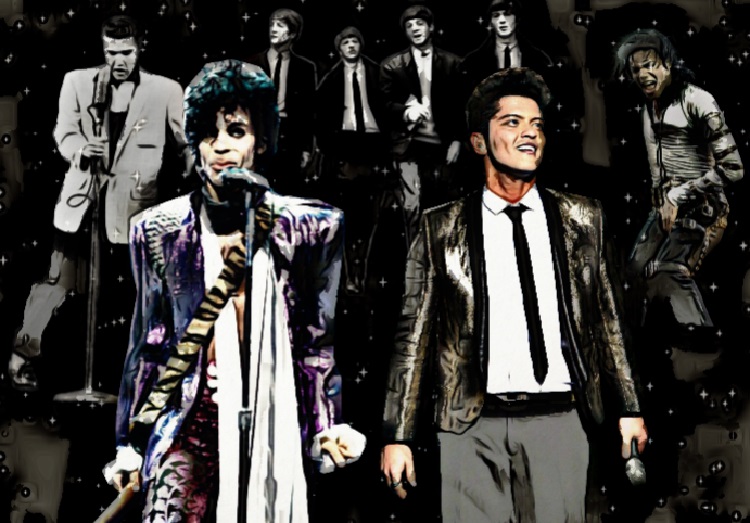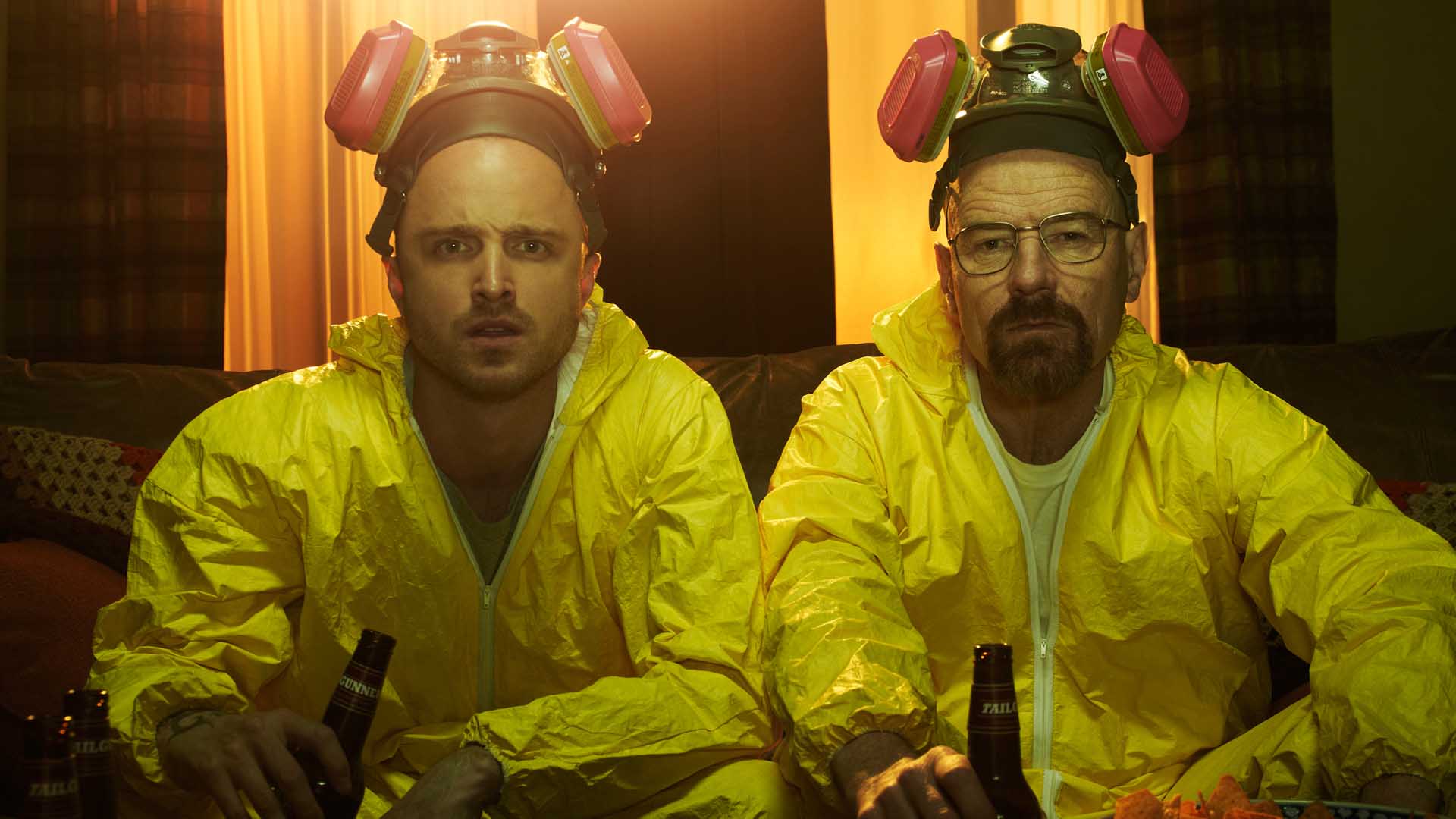Breaking Bad, creator Vince Gilligan’s opus and gift to the Internet, is rightly credited as one of the finest television shows ever created. From its intriguing, new-feeling opening episodes to its meticulously crafted finale, Breaking Bad charmed and wowed audiences with the personal journey of Walter White, a high school chemistry teacher who, after being diagnosed with cancer, became a crystal meth kingpin in the Southwest.
In the aforementioned finale, Walter devises his most complex scheme to date: make things “right.” So, with the use of two laser pointers and a New York Times writer alias, Walt threatens Elliott and Gretchen Schwartz into holding on to the remainder of Walt’s money, to be passed on to Walt Jr. on his 18th birthday under the guise of a charitable effort; he gives Skyler the GPS coordinates to the location of Hank’s and Agent Gomez’s bodies, to be used as leverage for a deal with the DEA; he takes out everyone at the Aryan Brotherhood compound; he frees Jesse.
Except, not.
The thrill of the show, cooked down, is watching Walt avert and sidestep increasingly sticky situations. And he always manages to succeed, in a way. But success is relative, and Walt never actually executes an ingenious plan without serious consequences for those around him. Convince Jesse to start using Tuco as a supplier in Season 1? Tuco kicks the crap out of Jesse. Kill Jane (some would say “Let Jane die”—they’re wrong) to protect his own interests? Jesse blames himself and two planefuls of people die when Jane’s depressed father fails to properly direct their flights. Concoct an elaborate train heist? Todd shoots and kills a kid. Turn Jesse against Gus? Poison his girlfriend’s son, Brock. Make large amounts of money cooking and distributing crystal meth while hiding it from his wife? So many people die, and his wife is complicit before she even knows what’s going on.
Noticing a theme? All of these actions merely delay the inevitable for Walt—death or incarceration—and each time, all consequences fall to others, with Walt only able to shake his head and rationalize that the pain wasn’t caused purely in the name of self interest. So while the finale is extremely satisfying, it is only from Walt’s perspective.
He believes he’s done right by Walt Jr. in passing his money off to the Schwartzes, when in reality they’re a smart couple with too much to risk than to aid a known felon with whom they were formerly been acquainted. Laser pointers or not, I’m pretty sure Elliot will be able to find his way into a police station at some point in the year before Walt Jr. turns 18.
Next, his meeting with Skyler. Another wrong that Walt believes he’s righted. Except when considering that the locations of two dead police officers (who could likely be found with enough manpower) likely won’t cover her involvement in the laundering of $80 million. Skyler is going to be embroiled in the case, and these GPS location points won’t be enough to save her.
Finally, there’s Jesse. Of course, Walt saves him. But that wasn’t his intention. Walt appeals to Uncle Jack to get Jesse into the clubhouse for a meeting with his trunk-loaded machine gun. But it’s only after Walt finds out that Jesse has been a prisoner, and not a snitch that turned around to work for the neo-Nazis, that Walt decides to spare his former partner’s life. And if that isn’t enough, we last see Jesse speeding off into the night … in a desert with a fleet of cops hurtling to the scene. What are the odds Jesse actually avoids police and makes it to Alaska or wherever it is he wants to lead the rest of his brutally scarred life?
So don’t look at this finale as wholly redemptive. Walt is smart enough to see the ill effects his actions have had on his loved ones, but his drive for strength and power manage to suppress those feelings, right up until his death.
If you are looking for redemption, though, you won’t go wanting. His admission to Skyler acknowledges that, no, he didn’t became a walking cartel to support his family. He did it for him. In the last years of his life, this is Walt’s most honest moment.
Still, while Walt can die peacefully, “knowing” that he did everything he could for his family, he’s still bad.



